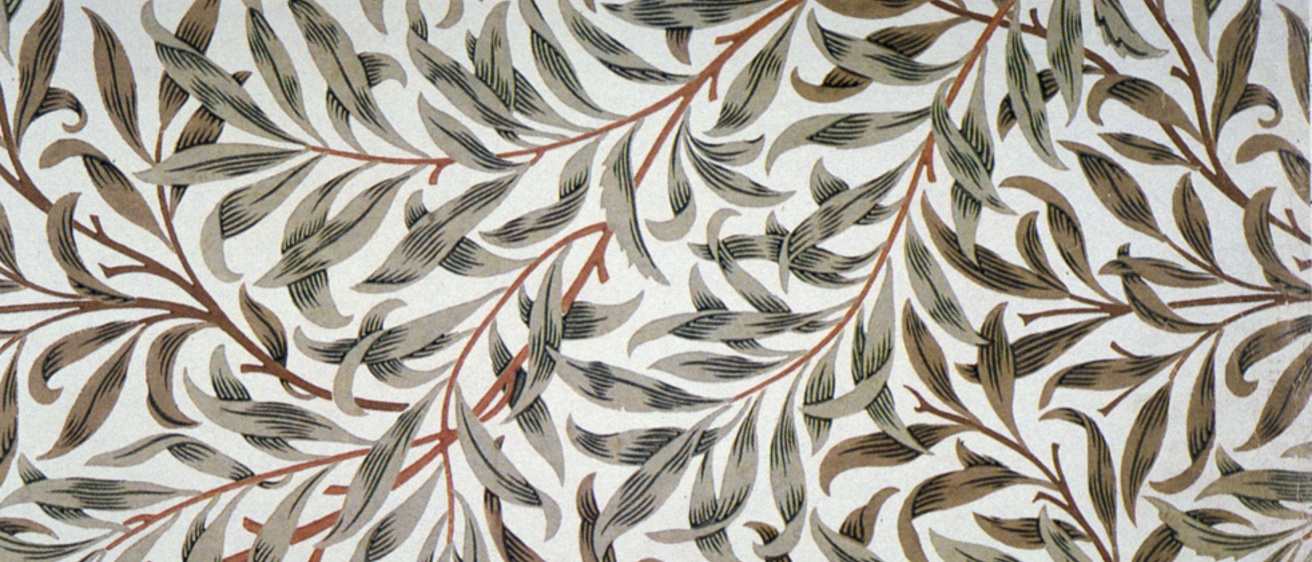
Breadcrumb
About
Welcome to the WhitmanWeb, a collaboration between the International Writing Program and the Walt Whitman Archive, both institutions grounded in the deep literary culture of the University of Iowa.
The website was launched in 2012, featuring Walt Whitman’s poem “Song of Myself” in nine languages: English, Chinese, French, German, Persian, Portuguese, Russian (in two versions), Spanish, and Ukrainian. Arabic (in two versions), Malay, Polish, Romanian, Khmer, Kurdish and Filipino translations followed in 2013 and 2014, two versions of translation into the Turkish in 2021, and other languages are expected. The idea behind the project was to have a conversation, across languages, borders, and time zones, about the multiple meanings of this foundational text. For 52 weeks between fall of 2012 and 2013, Professor Ed Folsom, co-director of the Whitman Archive and Christopher Merrill, director of the International Writing Program, exchanged a foreword and an afterword to each section, then posed a question inspired by the reading. The readers answered these in the Comments section of each section, or on the pages of WhitmanWeb’s social media. In 2016 Folsom’s and Merrill’s commentaries were published alongside Whitman’s poem by the University of Iowa Press.
In 2014, professors Folsom and Merrill co-taught an interactive online study of “Song of Myself” as a Massive Open Online Course (MOOC). The video lectures from Every Atom: Walt Whitman's "Song of Myself" are now accessible in IWP’s MOOC-Pack Library.
On November 11, 2015, WhitmanWeb launched a nine-month exploration of the poet’s Civil War writings, called Whitman and the Civil War. Whitman made dozens of small notebooks from paper and ribbon to carry with him as he visited wounded Civil War soldiers in Washington D.C. area hospitals between 1863 and 1865. In them he commented on the daily routines of the patients, and described the horrors of war. Specimen Days collects many prose fragments from these visits, but the book itself is, in his own words, a “mélange of loafing, looking, hobbling, sitting, traveling—a little thinking thrown in for salt, but very little— ... wild and free and somewhat acrid—indeed more like cedar-plums than you might guess at first glance.”
These texts form the core of the second WhitmanWeb MOOC Whitman's Civil War: Writing and Imaging Loss, Death, and Disaster, which launched in July 2016. For more information, visit the course registration page.